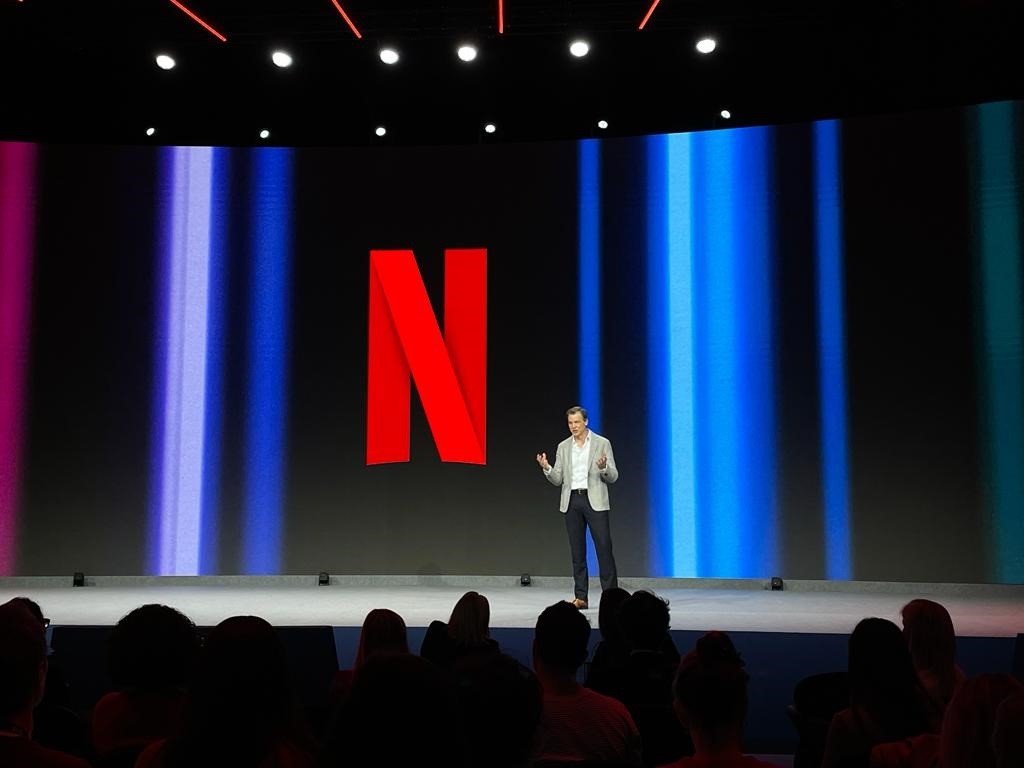
Netflix does not want to pay European internet service providers (ISP) for rising traffic costs due to the popularity of streaming video content. In his keynote address to the 2023 World Mobile Congress in Barcelona, Netflix co-CEO Greg Peters said: “Some of our ISP partners have proposed taxing entertainment companies to subsidize their network infrastructure… [which] would have an adverse effect, reducing investment in content – hurting the creative community, hurting the attractiveness of higher-priced broadband packages, and ultimately hurting consumers.”
Although telecommunications operators say this tax would only apply to content distributors like Netflix and Google, Peters warned that it could soon affect other companies and cause uncertainty for every internet user because the online world is changing. “This will inevitably change over time as broadcasters shift from linear to streaming,” said Peters.
Responding to allegations that content providers like Netflix don’t invest enough, Peters reminded the audience that “Netflix has invested over $60 billion in content alone over the last five years. That’s equivalent to roughly 50% of our total revenue. It is the part we play in creating a virtuous flywheel: better, more varied content, leading to more people willing to pay for better broadband services.” Requiring entertainment companies to pay more on top would mean “ISPs are effectively charging twice for the same infrastructure,” said Peters, because they already charge consumers for their internet connection.
As he ended his speech, Peters struck a conciliatory tone. “I believe the better approach is for entertainment companies and operators to focus on what we each do best – creating a rising tide [of investment] that will lift all boats” by improving content and network quality.
Sign up for our weekly newsletter to get more English-language news coverage from EL PAÍS USA Edition





